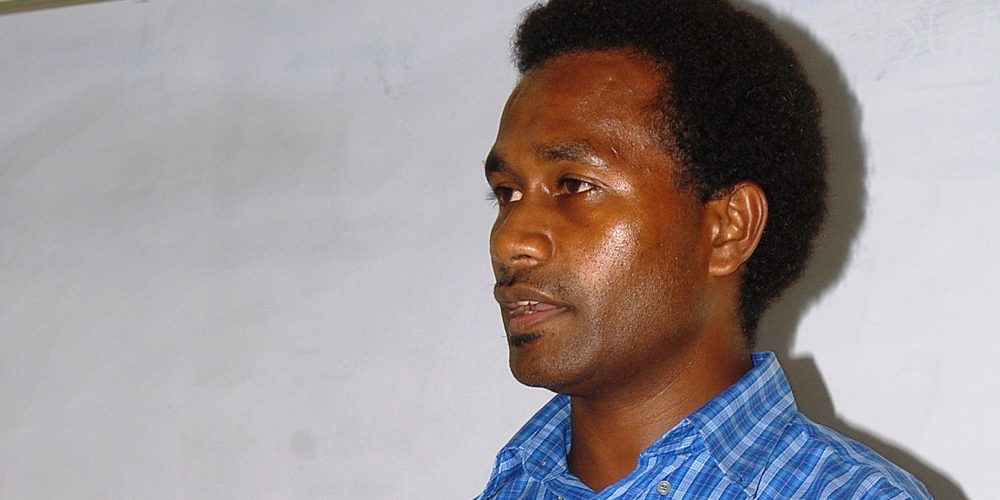SOLOMON Islands continues to face major challenges in developing a strong and sustainable industrial sector, despite its abundant natural resources and hardworking population, and this warrants redirection of the economy towards industrialization, local economist Martin Hou highlighted.
Hou said over the past decade, the nation’s economy has remained heavily reliant on raw exports, subsistence agriculture, and informal activities, limiting job creation, innovation and the country’s ability to add value to its own resources.
“Local manufacturing, processing, and value addition could foster sustainable employment, boost national revenue, and reduce reliance on imports. Such a shift would not only drive economic growth but also help improve living standards, reduce poverty, and build a more resilient, self-reliant economy for the future,” Hou said.
Weak Policies and Limited Capacity
Hou said a recent assessment within the Ministry of Commerce, Industries, Labor and Immigration (MCILI) highlighted several key weaknesses that have hindered industrialisation between 2015 and 2025.
He said these weaknesses include outdated or poorly implemented industrial policies, weak enforcement of trade and labor regulations, and poor coordination between ministries.
“The report found that MCILI’s industrial and SME divisions remain under-resourced, limiting their ability to design and monitor programs or attract investors. Industrial and SME programs also suffer from low budget allocations and a lack of reliable industrial data to support policy decisions,” Hou said.
Private Sector and Skills Gaps
Hou pointed out that the absence of a functional SME bank or industrial credit facility continues to restrict the ability of local entrepreneurs to invest in processing and manufacturing, and land and infrastructure barriers, such as underdeveloped industrial estates and customary land tenure complexities, further discouraging investors.
“The report also cited skills mismatches between vocational training and industrial sector needs, particularly in manufacturing, processing, and ICT. Weak enforcement of labour standards has led to low productivity and informal employment,” he added.
Reliance on Raw Exports
Hou said Solomon Islands economy continues to depend heavily on logging and raw commodity exports, with little progress in value-added manufacturing or industrial diversification, and that efforts to promote value addition in agriculture, fisheries, and forestry have been hampered by poor infrastructure and limited investor incentives.
Proposed Industrialisation Strategy
Hou said despite these challenges, the report outlines a proposed Industrialization Strategy for 2026-2035 that envisions transforming Solomon Islands into a diversified, value-adding, and inclusive industrial economy so as to create sustainable jobs, enhance exports, and raise living standards by 2035.
“Key goals of the strategy include increasing the industry and manufacturing share of GDP from about 5 per cent to 15 per cent by 2035, doubling formal industrial employment within 10 years, and integrating at least 30 per cent of informal enterprises into value chains.
“The plan proposes establishing a National Industrialization Taskforce led by MCILI to coordinate inter-ministerial efforts, reviewing and updating industrial policies with measurable targets, and creating a Special Economic Zone (SEZ) in Guadalcanal and Malaita to promote processing, manufacturing, and agro-industrial activities,” he added.
Hou pointed out that the establishment of an SME/Industrial Development Fund or bank has also been recommended so as to provide concessional loans and grants for industrial growth, alongside the implementation of the SME Bill and the National Formalization Action Plan to support small businesses.
Way Forward
Hou said as emphasized by the report, the proposed strategy can only succeed if the government addresses the long-standing policy gaps and institutional weaknesses within MCILI.
As such, he said strong political will, adequate funding, and effective coordination among ministries will be very much essential for the country to achieve its industrial ambitions and secure long-term economic resilience.
By LEILANI OSO
Solomon Star, Honiara









